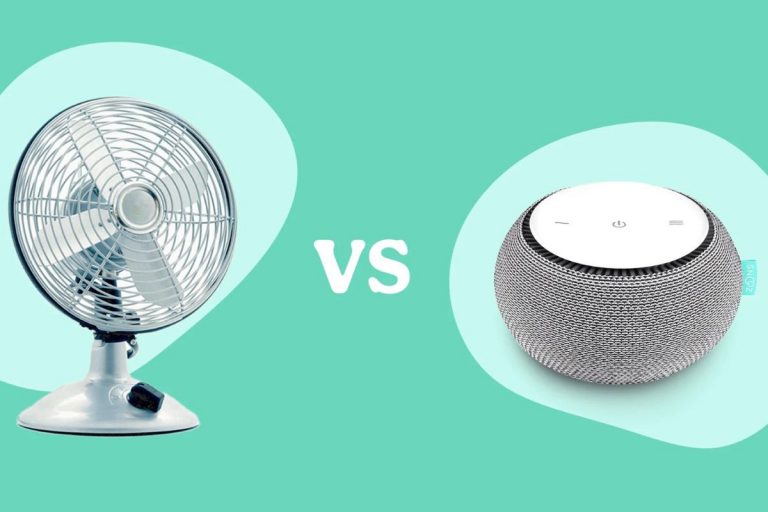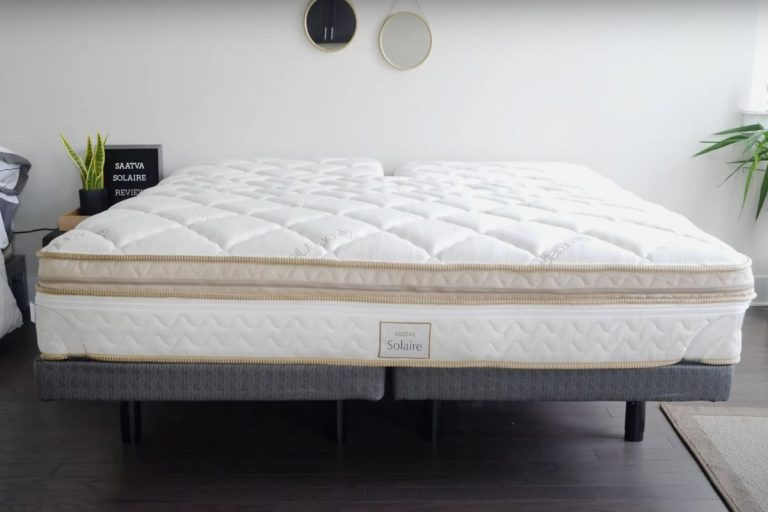The thought of learning while sleeping has always been fascinating to us. People have practiced placing books underneath their pillows as they believed they would somehow acquire the knowledge in their sleep.
For centuries, it is believed that our brains are simply more active and capable during sleep than the awake state. And, while you cannot learn much from a closed book under the pillow, we can most certainly learn things in our sleep via other methods.
So, the short answer to the main question is, yes, we can learn pretty much anything while we sleep.
The long answer is, well, in the rest of the article, since the learning part isn’t that simple.
Can You Learn Anything While You Sleep?
Hypnopaedia, also known as sleep-learning, is an attempt to acquire new knowledge (usually through playing a sound or recording) in your sleep.
However, to understand how we can learn anything in our sleep, it is important to understand how our brains process information and how we ‘learn’.
First of all, it is important to point out that it is very hard for us to consciously remember anything that goes on in our brains while we sleep.
However, that does not affect our brains in terms of being able to store and process what has been conscious before we fell asleep.
That means that short-term memory is being processed into long-term memory during the phases of our sleep, non-REM, and REM stages.
To be more precise, we can say that certain changes in the brain do occur even if they could be ascribed to the unconscious activity. Indeed, the memory system in the brain is active during sleep, as the hippocampus (responsible for memory formation) is most active during the slow-wave sleep.
Hippocampus, on the other hand, isn’t very much active while we’re awake. The memory system, nevertheless, manages to replay the information we acquired during wakefulness, ascribe certain visual and auditory cues to the information, and form long-term memory.
That is how humans process words, images, sounds, feelings, and sensations, as well as how we learn to recognize them in the future due to the long-term storage of the information.
What can we learn during sleep?
Now, when we said that you can learn anything in your sleep, it might have been a too farfetched statement. Sure, you can learn in sleep, but there is a limit to what content and information your brain can process while you’re in the land of nod. So, let’s take a look at the specific, researched, things we can learn in our sleep;
1. Slon means elephant in Balkan languages. – Learning languages and words
A recent experiment, conducted with German-speaking participants, has shown that people can learn foreign words, or expand their vocabulary in other languages, in their sleep.
The experiment has been conducted in such a way that the participants were asked to go to sleep, while researchers played sounds of certain foreign words. Upon waking up, the participants were asked to identify and translate the words they’ve listed in their sleep.
Turns out, the accuracy with which the participants identified and translated the words was higher than 10% when compared to participants who were not exposed to the sounds of the words in their sleep.
To confirm that these results can be directly tied to the participants learning in their sleep, the researchers did the following; they played the same words to people who were awake and doing trivial, day-to-day things, like walking or cleaning.
Those people, in the end, couldn’t recall any of the words or translations when tested afterward.
2. Where are my keys again? – Learning where we place things
This may be one of the most common problems in people; we tend to forget where we place our things. However, a study has shown that we can recall and process the location where we’ve put something while we’re asleep.
The study has been conducted with 60 adult participants who have been assigned to place virtual objects in particular locations on the screen. Every time they place something somewhere, particular sounds would play, so they would build an association between the locations and the sounds.
After the participants were done placing the objects, they were asked to take a 1.5-hours nap.
During the nap, the participants have been exposed to the same sounds they listened to while placing the objects.
Upon waking up, the participants reported not hearing any of those sounds in their sleep.
However, when asked to name the locations where they’ve put certain objects, they knew the answers. Moreover, the higher the value of an object, or the more distinct the sound was, the better their guesses were.
3. Oh, that is the Moonlight Sonata! – Learning melodies and musical skills
Maybe you’ve noticed that the music you listen to before sleep is somehow better engraved in your memory; you recognize that music easier, faster and you seemingly know every word of a song or the complete melody.
A study has shown that people who practice playing instruments, even if they pretend to do so, are more likely to remember what they’ve learned after taking a nap than those who do not go to sleep or take naps.
Another study has shown that people are more likely to remember a certain melody if exposed to it during sleep than those who were not repeatedly exposed to the melody.
Upon waking up, people who have listened to the melody during sleep do not remember that. However, they were far better at recognizing the melody or even playing it.
4. I’m scared of heights! – Learning to deal with phobias and stress
Every human is scared of something; one person might be scared of heights, the other might be scared of spiders, and so on. However, studies have shown that we can learn to deal with our phobias and stress-inducing situations while we sleep.
According to a study, published in Nature Neuroscience, neuroscientists have shown how people can overcome their fears in their sleep. For example, several participants have explained their fears; then, they were advised to fall asleep.
During their sleep, they were exposed to positive images of the things they fear, and every time an image appeared, they were exposed to mild electric shocks (as if they were startled). This way, these people learned how to associate the images with a positive response, rather than fear.
Upon waking up, these participants were then exposed to the things that would usually trigger fear or their phobias. However, the fear response in the majority of the participants was less than it was before sleep.
Even MRIs showed decreased responses in the hippocampus as well as changes in the activity of the amygdala (associated with fear).
Is learning in sleep equal to associative learning?
In the previous paragraphs, we’ve provides studies and examples which prove people can learn in their sleep. However, most of the examples can be explained by associative learning.
This is the type of learning where we process information based on something we know, we’ve been exposed to or we’re familiar with; or to be more clear, we process information based on previously acquired associations. However, what happens when we’re exposed to information that we’ve never been exposed to before?
For example, when we’re exposed to fake languages and fake words; do we still associate them with the thing we’ve learned?
One study has shown that people do not process fake information as successfully as the information we find familiar.
For example, during the study, several participants were exposed to fake words and their translations during the slow-wave portion of their non-REM sleep.
Upon waking up, the participants were asked to guess the words and their translations.
However, they were not able to do so because they couldn’t consciously remember whether each foreign word means what they were taught in means during the sleep.
This means that the brain couldn’t create a long term memory of something that it consciously or subconsciously knows is fake or not true. The participants have shown signs of associations between fake words and their possible meaning, but none of their guesses were accurate after all.
Are there any practical applications of sleep-learning?
For now, sleep-learning is a concept that doesn’t have a practical application, other than helping individuals through sleep-therapy. People can make of sleep-learning whatever they want, but outside their own practices, learning in sleep is yet to be explored fully and applied in the world of learning.
However, it is believed that sleep-learning will become an important topic for research as well as that it will receive the practical attention it deserves. We people haven’t grasped the power of our brains fully, and are yet to do so.
On that road, we will probably realize how useful and important sleep-learning can be. It is believed that sleep-learning might have an application in helping people with learning difficulties and disorders (like dyslexia) or helping those who suffer from ADHD.
There still needs to be studied and research concerning the information acquiring during wakefulness and sleep. Comparative research and analysis should show which method of information acquiring is more effective.
For now, all we can do is try to learn new languages, musical skills, or train our brain to remember particular information. That very ability of our brains is fascinating in itself.





